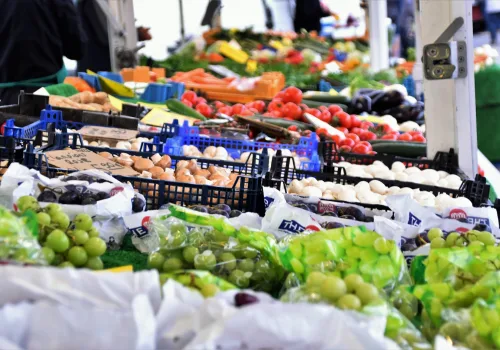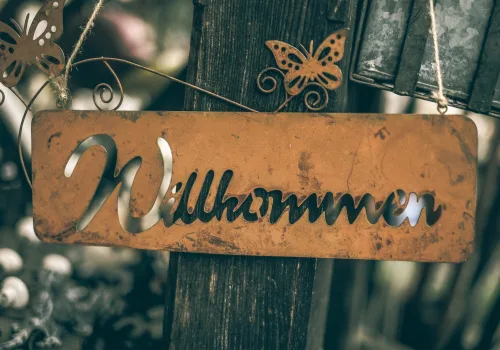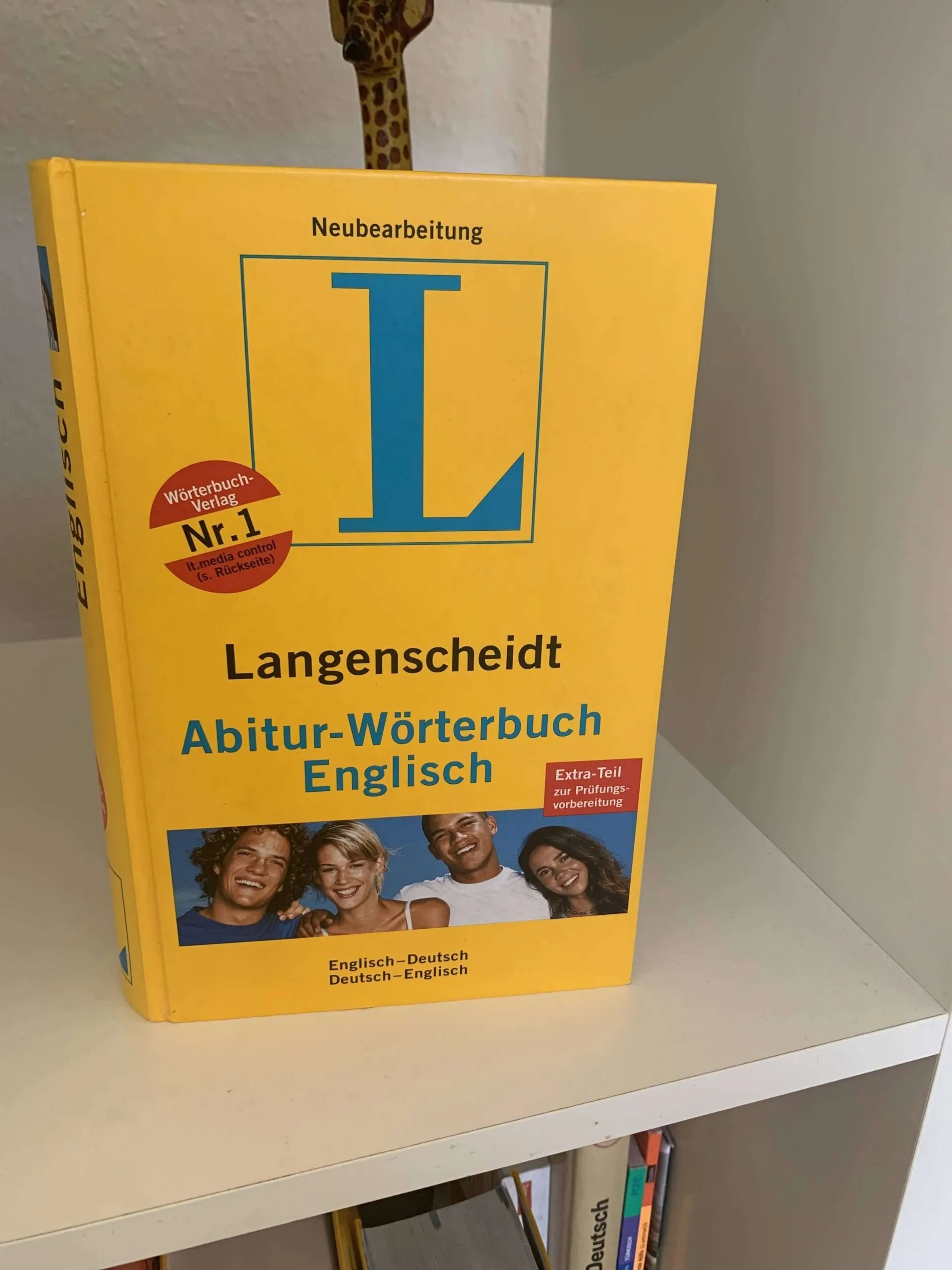We love German for its logical grammar. But there is also this lovely, quirky, and surrealist aspect to the language — witty and funny phrases. You can use them to make learning every day, conversational German more fun and natural.
Germans are known for their serious attitudes, but they also have an extremely dry sense of humor and can be quite witty.
One of the most common ways in which Germans are witty is through phrasal verbs that sometimes work as one-liner jokes, relying on wordplay or on an ambiguous meaning of words in order to create emphasis in a sentence.
It’s important to have a grasp of German culture and the vernacular, so you can get the nuances of the language.
Even though the German language is notoriously difficult for English speakers to learn, when you enrich your daily conversations with unusual phrases, you start to see the magic unfold.
In this post, we give you some of our favorite phrases to make your life easier when learning German!
Wir sind ja nicht aus Zucker
Literally: We’re not made out of sugar.
It’s a rainy afternoon in April. You’re in a Späti, but you’ve invited far too many friends for Friday beers. Your WG roommate refuses to walk 5 minutes to the next bar because he forgot to bring his trusty umbrella. “Let’s face it, Janik, we’re not made of sugar!” You won’t melt in the rain.” “Komm schon, wir sind ja nicht aus Zucker!”
Ich verstehe nur Bahnhof
Literally: I only understand the train station.
Meaning: It’s all Greek to me.
Better to make fun of your German before someone else does, right? This is your chance to kindly ask your German flatmates what’s that long letter you just got from Hauptzollamt talking about. “Could you please have a look at this for me? Ich verstehe nur Bahnhof.”
There is a theory that the phrase comes from exhausted soldiers in WW1 who had only one thing on their mind when listening to orders: getting a train back home to Germany.
Alles in Butter
Literally: Everything is in butter
Meaning: Everything is okay
This phrase, it turns out, has nothing to do with eating a comforting Butterbrot. In the Middle Ages, expensive, precious glasses were transported from Italy across the Alps to Germany and kept breaking on the way. Apparently, a trader came up with the idea of packing the glasses in barrels and pouring liquid butter over them. When the butter solidified, the jars were fixed and secured. No matter how hilly the road was, it was “all in butter“.
Die Kuh vom Eis kriegen
Literally: To get the cow off the ice
Meaning: Doing something impossible
The ice is no place for cows. And getting the cow off of the ice sounds like no fun.
If a cow ends up lost on a frozen lake, there is a danger that the ice will break and the cow will drown. The farmer has to act quickly and carefully to save it. A recipe for a perfect phrase for describing an impossible task.
Luft nach Oben
Literally: Air to the top
Meaning: Room to grow
Your German skills might not be perfect yet, but you have room to grow, you have air above you, metaphorically speaking, letting you freely reach your full potential. “Du has Luft nach oben.”
Learning German, it goes without saying, can be a tedious task. German culture is very different from other cultures, and it’s important to understand the nuances of the language. The German language is difficult to master, and even native speakers struggle with it at times.
But when you insert these fun and charming phrases and idioms along with some basic phrases to make your conversations smoother and more pleasant, it becomes 10 times easier to learn the language and to integrate with the culture. So, have fun not melting in the rain and getting cattle off the ice!











Leave a Reply